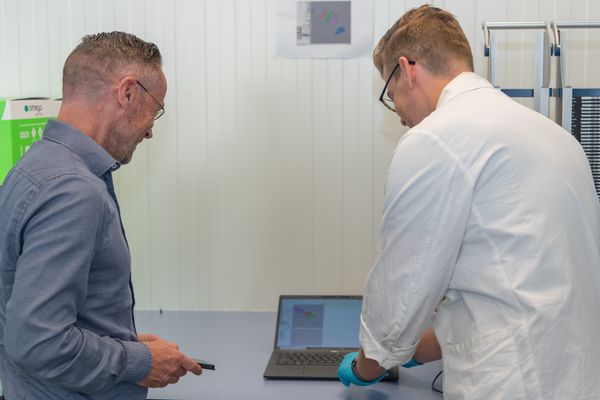|
|
| Regel 26: |
Regel 26: |
| |Objective=Praktijkgericht onderzoek naar het creëren van dataproducten | | |Objective=Praktijkgericht onderzoek naar het creëren van dataproducten |
| |ObjectiveEn=Practice-based research into the creation of data products | | |ObjectiveEn=Practice-based research into the creation of data products |
| |Mission=x | | |Mission=Een essentiële speler zijn bij het sneller, efficiënter, effectiever nemen van beslissingen in een duurzame, dynamische delta. |
| |MissionEn=x | | |MissionEn=Being an essential player in making faster, more efficient, more effective decisions in a sustainable dynamic delta. |
| |Imagename=Data science.jpg | | |Imagename=Data science.jpg |
| |Professor=Gebruiker:Beck0003 | | |Professor=Gebruiker:Beck0003 |
| |Contact person=Gebruiker:Beck0003 | | |Contact person=Gebruiker:Beck0003 |
| |HZ theme=Vitaliteit,Energie,Water,Voeding | | |HZ theme=Vitaliteit,Energie,Water,Voeding |
| |Project=PR 00290,PR 00207,PR 00211,PR 00338, | | |Project=PR 00290,PR 00207,PR 00211,PR 00338 |
| }} | | }} |
The Data Science chair carries out practice-based research into the creation of data products. It focuses particularly on products that are important in a delta area such as Zeeland, for example for coastal protection, safety, tourism, food, industry, energy and logistics. The lectorate works together with entrepreneurs, governments and other lectorates and knowledge centres so that data products can be combined with knowledge from these domains.
With data products, users can take faster, more efficient, more effective and more accurate decisions. Disciplines such as mathematics, statistics, software engineering and machine learning come together in Data Science.
Business understanding
Every data product is based on a research process. In the first, crucial step (business understanding), the question is investigated.
After that, raw data is collected and made suitable for the rest of the process. A possible next step is to visualise the data or communicate it in another way. The data can then be further modelled using machine learning. This includes various techniques such as clustering, predicting, classifying and detecting anomalies. Ultimately, this leads to a data product.
Mischa Beckers is a lecturer in Data Science. He delivered his lectoral address on 16 November 2017: 'Do believe the hype'.
- Missie
- Being an essential player in making faster, more efficient, more effective decisions in a sustainable dynamic delta.
- Doelstelling
- Practice-based research into the creation of data products
- Lector
- Mischa Beckers
- Contactpersoon
- Mischa Beckers
- HZ-thema's
- Vitaliteit, Energie, Water, Voeding
Onderzoekers
Kernprojecten
Projecten
Kernpublicaties
Geen publicaties.








